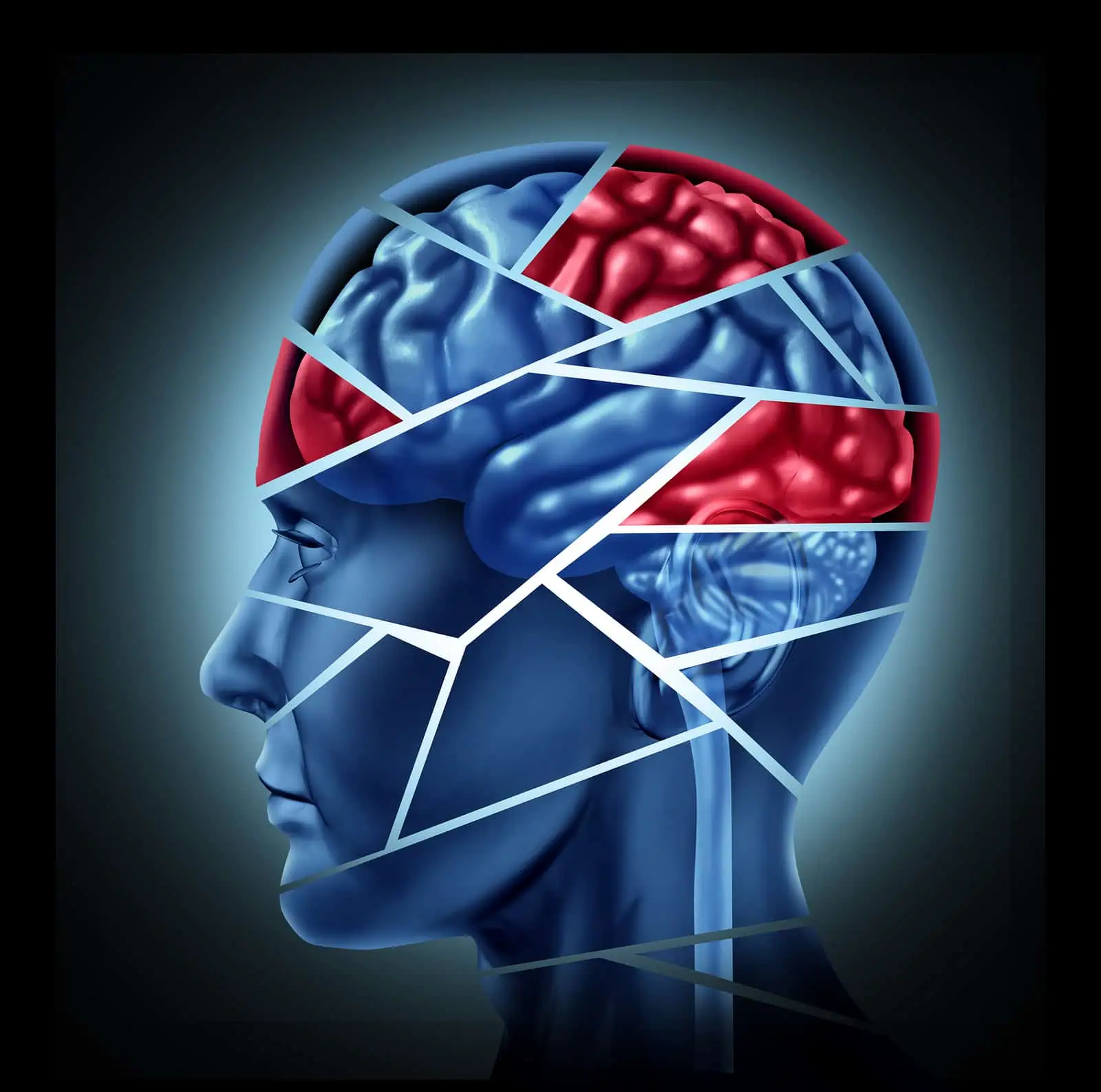Can you receive long-term disability benefits if you have experienced trauma? According to the World Health Organization, 15% of the population lives with some form of disability. Traffic accidents, violence, falls, burns, and assaults are the most common traumatic events that can leave you with a disability for a lifetime.

A 2015 study conducted in Kashan Hospital showed that patients who experienced a traumatic event like a car accident were still experiencing symptoms a year later. The most alarming part of the study was the age of the patients; 56% of the patients were under 35 years old and still considered to be of working age when they were injured.
Physical Trauma and Long-Term Disability
Being involved in a traumatic event that causes physical trauma is a life-changing experience. Among the different types of trauma, vehicle accidents are the most common. Most people involved in a motor vehicle accident experience a small amount of trauma that will go away within one year. Unfortunately, not everyone is that lucky. Physical trauma, like losing a limb, comes with major surgery, a ton of physical therapy, and learning how to do things very differently than before the accident.
In this case, you may not be able to go back to your “own occupation” after recovery. Example: John is involved in a car accident and loses an arm; he will not be able to return to his job as a neighborhood patrol officer anymore. He will have to choose a different career path now.
In John’s case, he has a strong claim for long-term disability. It will probably be well over a year before he completely recovers and finds work that he can do with only one arm.
Post-Traumatic Stress Disorder (PTSD) and Long-Term Disability
Post-traumatic stress disorder is anxiety that manifests after a traumatic event. PTSD is common in military veterans who have been involved in active combat. But people can also experience PTSD after a car accident, fire, tornado, hurricane, school shooting, or any other major incident in their life. While there are therapy and medication to help people cope with PTSD, the effects can be lifelong.
Most people learn to cope with their PTSD. They learn to avoid triggers and use therapy techniques to decrease anxiety when they are confronted with a similar situation. However, some people have a more challenging time than others coping and may qualify for long-term disability benefits.
It is important to note that most insurance companies consider PTSD a mental disorder. Mental disorders covered under your insurance policy will have a maximum month of payment— usually 24 months. It’s a good idea to check your policy for the exact wording regarding PTSD.
Applying for Long-Term Disability
After you read your policy, you can decide if you have a case for LTD benefits. When you start gathering information for your claim, include all the information that will “stack” your administrative file. Your administrative file is everything in your case. It includes all the correspondence between you and your insurance company, medical information, doctor notes, and even surveillance footage. Check out our guide to applying for long-term disability insurance benefits.
Not Sure Where to Start?
An experienced disability attorney can help you appeal a denial. They can gather the necessary medical information for your claim. They can help you track your deadlines (which are very strict), gather evidence such as medical statements/opinions from your doctors, represent you during a field interview, and communicate with the insurance company for you.
Although based in Florida, the Ortiz Law Firm represents claimants across the United States. If you’d like to speak to Pensacola Long-Term Disability Insurance Attorney Nick Ortiz, contact us today to schedule a consultation. Many questions need answers when dealing with disability benefits and insurance companies. If you need help with your claim, call (888) 321-8131.

